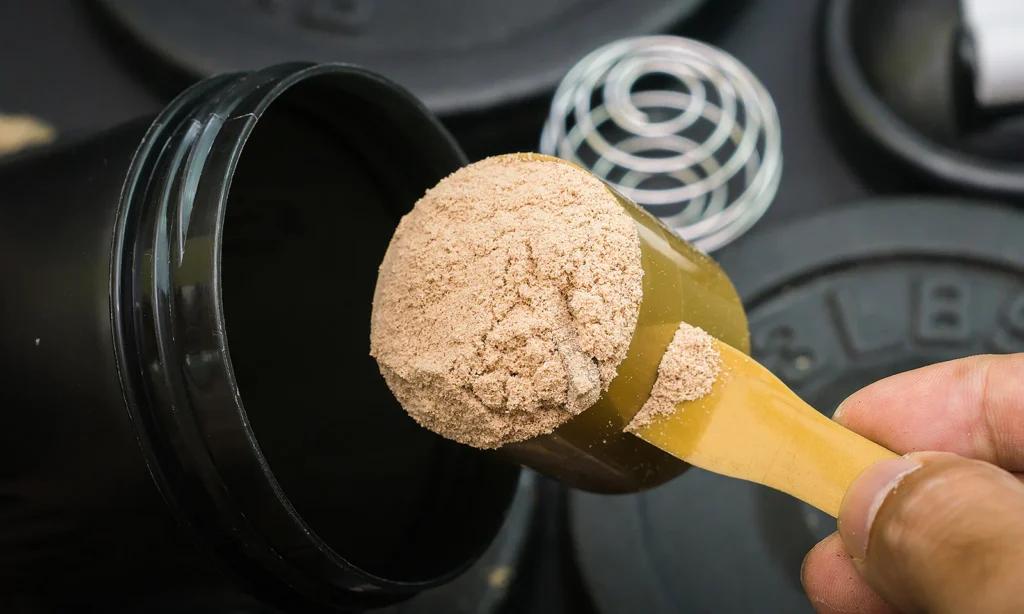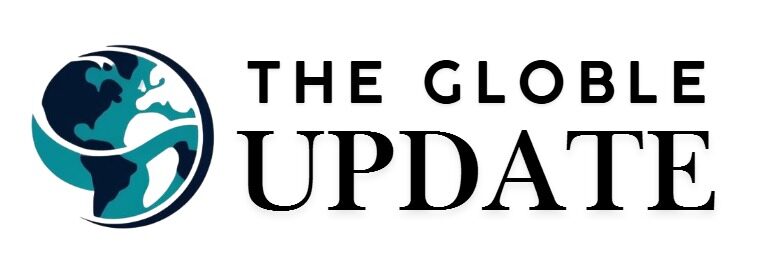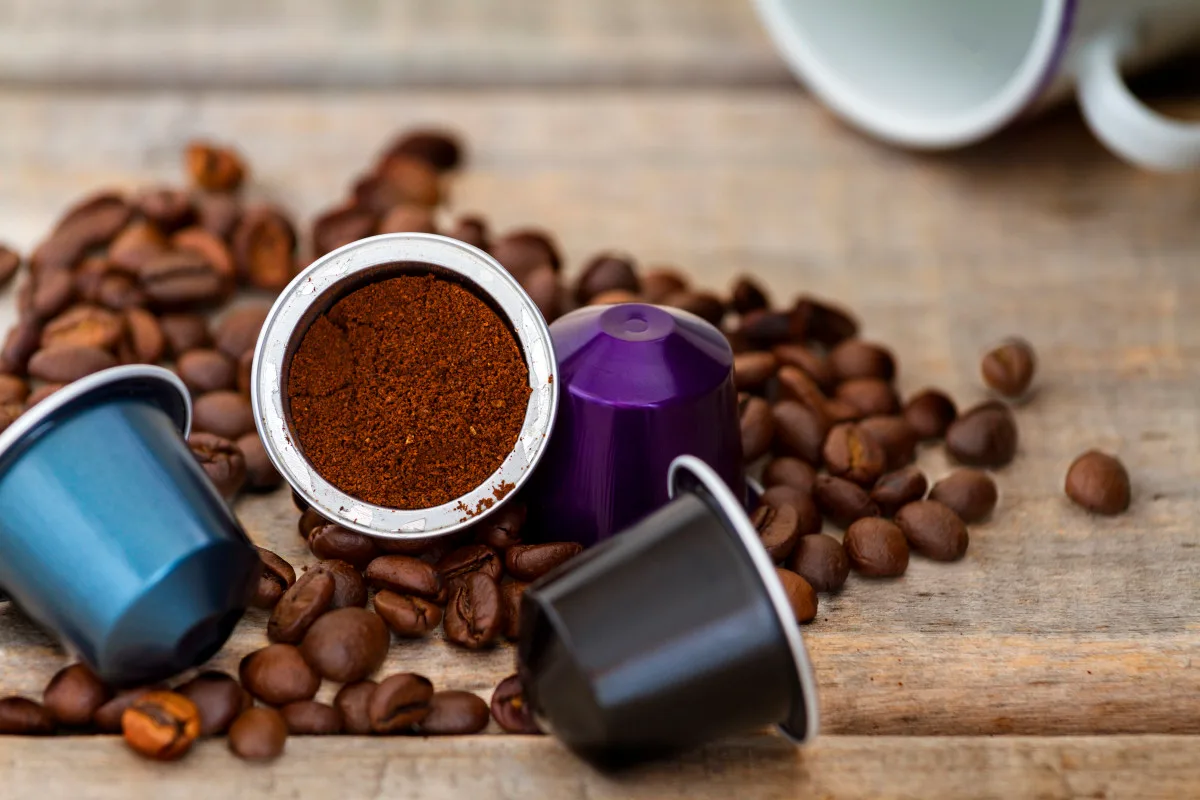Meta Description:
Recent tests reveal toxic levels of lead in many protein powders and shakes. Learn which are safer and how to protect your health while meeting your fitness goals.
Are Your Protein Shakes Doing More Harm Than Good?
Protein shakes are no longer just for gym enthusiasts — they’ve become a convenient part of daily diets. Whether you’re trying to build muscle or just stay full longer, protein powders seem like the perfect solution.
But according to a new Consumer Reports investigation, there’s a darker side to this fitness trend. The report found that many popular protein powders contain toxic levels of lead and other heavy metals, raising serious questions about safety.
What the Tests Revealed
Consumer Reports tested 23 of the best-selling protein supplements, including whey, beef, and plant-based varieties. The findings were alarming — over two-thirds contained more lead in one serving than experts consider safe for an entire day.
Some products went far beyond that limit, with contamination levels up to ten times higher than recommended.
Naked Nutrition’s Mass Gainer and Huel’s Black Edition were among the worst offenders, packing 7.7 and 6.3 micrograms of lead per serving — more than 1,000% above the safe daily threshold. Experts remind consumers that no amount of lead exposure is truly safe, as it can accumulate over time, leading to kidney damage, high blood pressure, and neurological issues.
Plant-Based vs. Dairy: A Clear Difference
The study revealed that plant-based protein powders had nine times more lead than whey-based ones and twice as much as beef-based options.
This happens because plants absorb whatever is in the soil, including heavy metals like lead and arsenic — especially when grown in contaminated environments.
| Protein Source | Lead Contamination (Average) | Safety Level |
|---|---|---|
| Plant-based | 9x higher than whey | ⚠️ High risk |
| Beef-based | 2x higher than whey | ⚠️ Moderate risk |
| Whey (dairy) | Lowest among all | ✅ Safer choice |
If you prefer plant-based diets, it doesn’t mean you must give up protein shakes entirely — but it’s smart to limit how often you use them and choose brands that publish third-party testing results.
Why Regulations Matter

Despite these findings, there are no federal limits on heavy metals in protein powders. The FDA doesn’t test or approve these products before they reach store shelves. That means safety checks are left up to manufacturers — and standards vary widely.
Consumer Reports is now calling on the FDA to set strict limits for lead and other toxic metals to better protect consumers.
How to Protect Your Health
If you’re a regular protein shake drinker, don’t panic — but do take precautions:
- Switch to whey-based or certified safe brands where possible.
- Use protein powders occasionally, not daily.
- Get protein from real foods like eggs, yogurt, lentils, or chicken.
- Check independent lab test results before buying any supplement.
Most adults already eat more protein than they need, according to experts, so you might not even require supplements every day.
Final Thoughts
Protein is essential for building strength and recovery, but contaminated powders can harm your health in the long run. Until stronger regulations are enforced, the best protection is knowledge and moderation.
Choose wisely, prioritize whole foods, and remember — the cleanest fuel for your body should never come with toxic ingredients.




